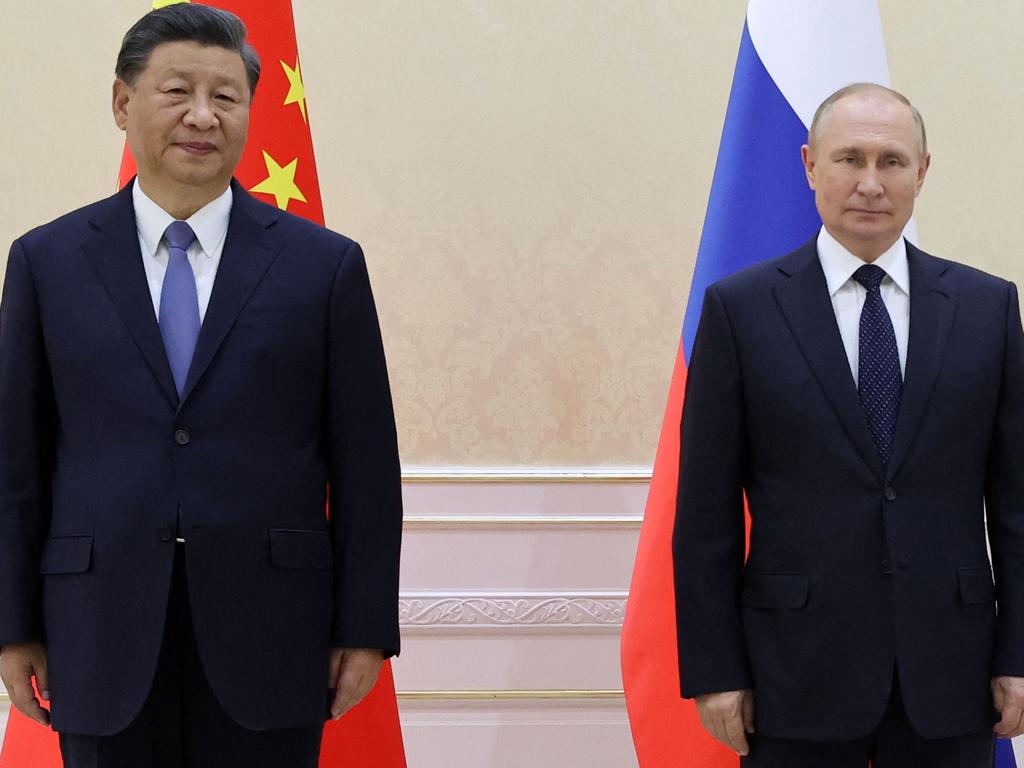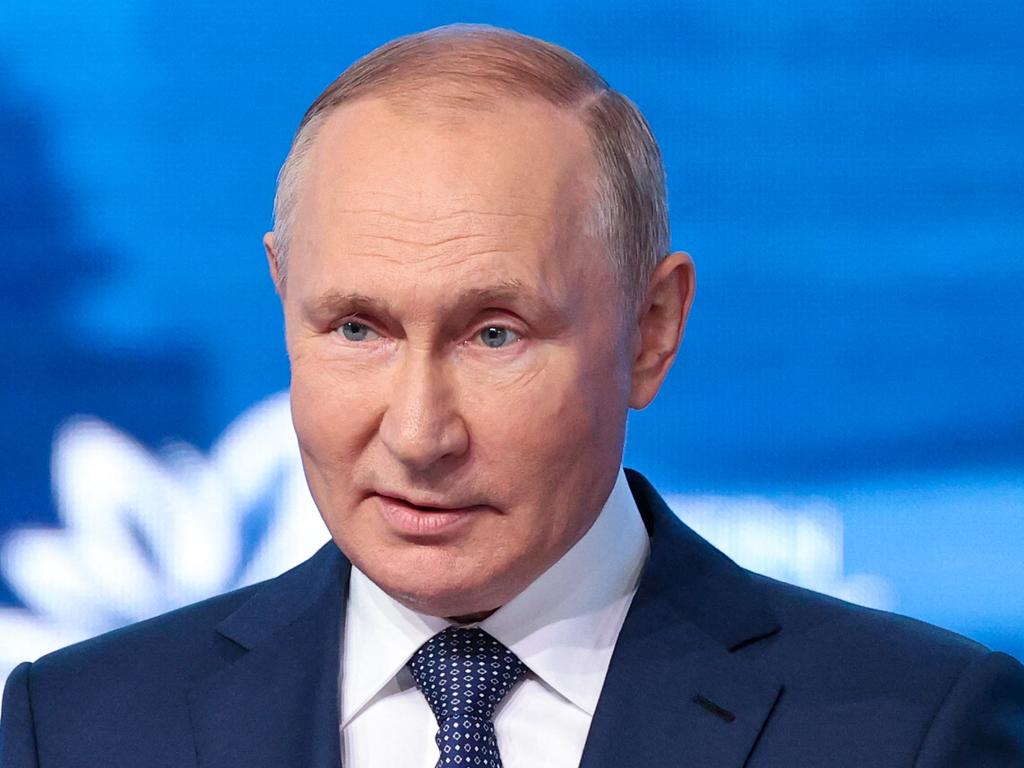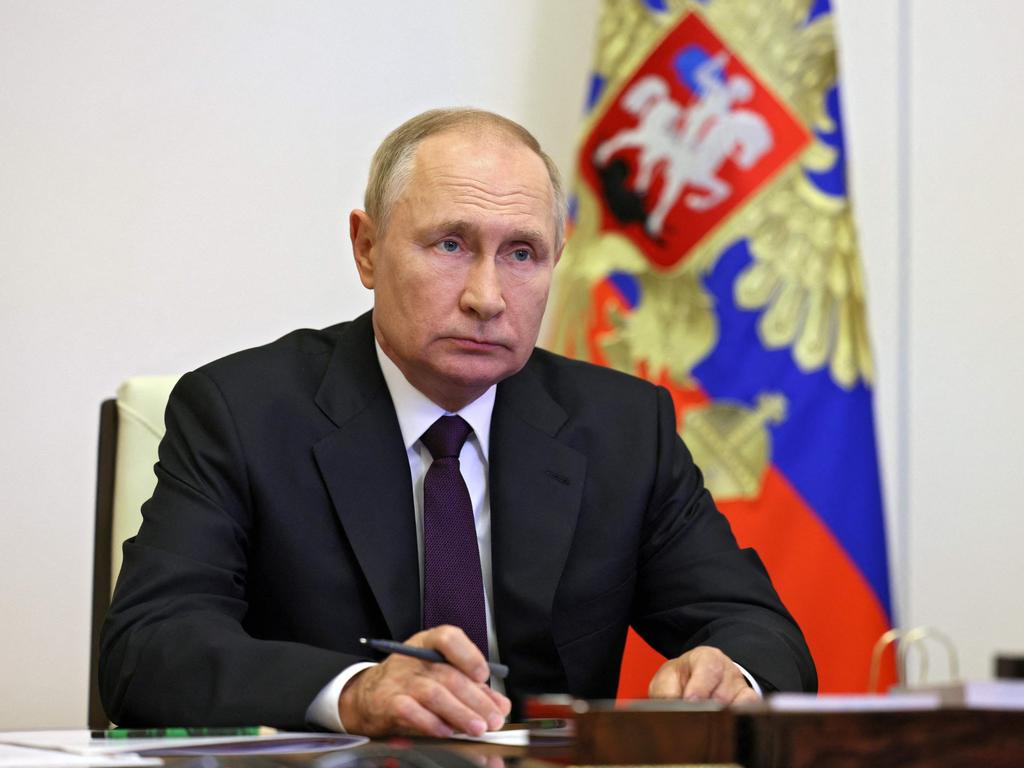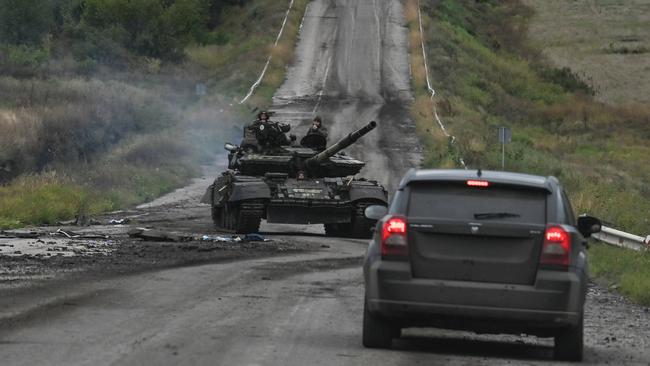
At first glance, Jeremy Corbyn and Tucker Carlson do not seem to have a lot in common.
One is a British politician who describes himself as a socialist and the other is a conservative television host in the US. While they disagree on a lot, where they do agree is on the matter of Ukraine.
Both believe the West should not be arming Ukraine, and both have gone so far as to condemn their own countries – Britain and the US – for providing weapons and funding to bolster the Ukrainian defence.
At this point in the war, there is no question that the materiel supplied by the Western world has been of great assistance to the Ukrainians.
On September 1, Ukraine launched a double-pronged counteroffensive that reportedly reclaimed 6000sq km, liberating the cities of Izyum and Kupiansk as well as dozens of smaller villages. Military analysts have already suggested the September counteroffensive will be studied by strategists for years, perhaps decades.
And, while the courage and determination of the Ukrainians are undeniable, there is also no question Western support has played a crucial role in this counter-attack.
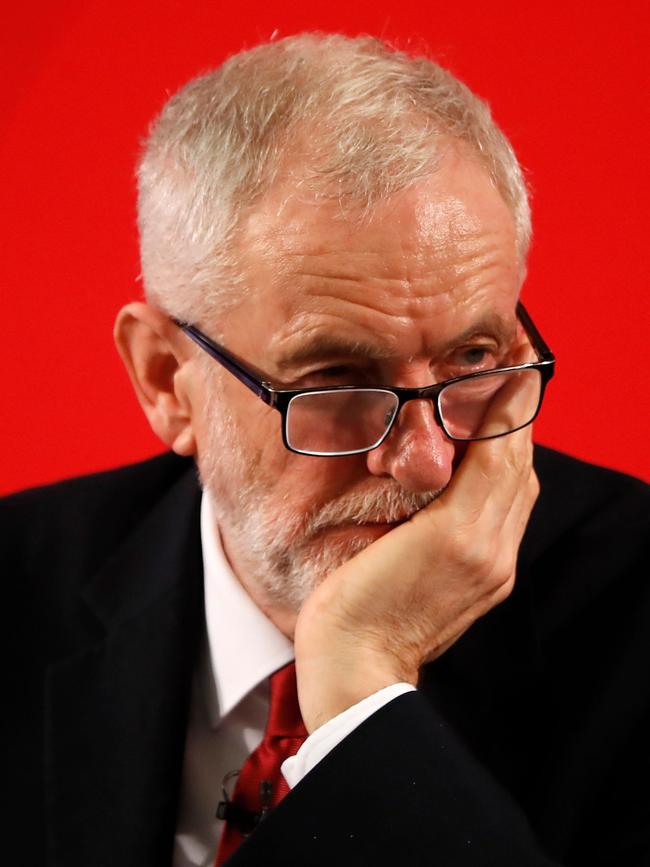
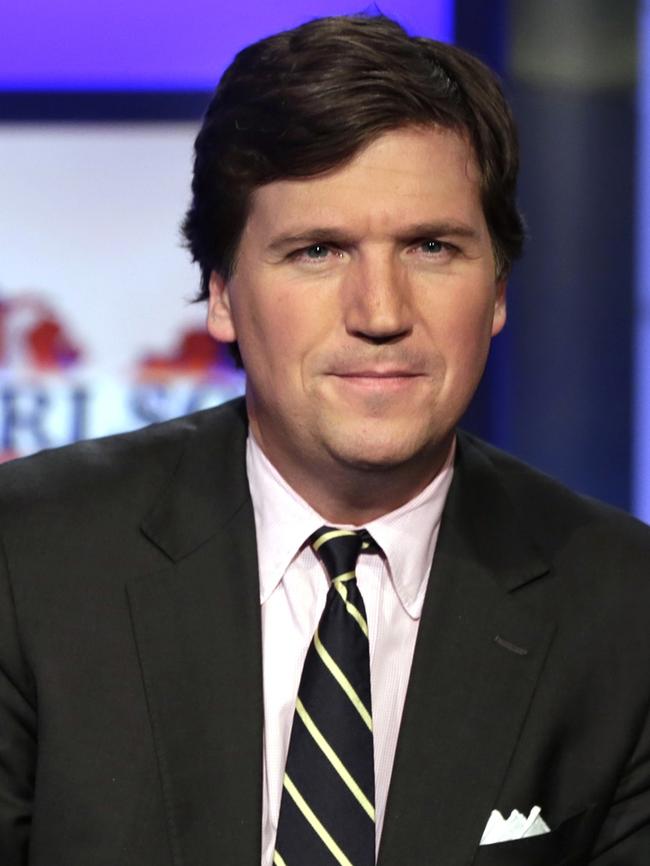
Earlier last month, however, Corbyn was telling television reporters the West should not be supplying arms to Ukraine: “Pouring arms in isn’t going to bring about a solution, it’s only going to prolong and exaggerate this war,” he said.
Six months into a brutal war that has included a raft of war crimes and tens of thousands of deaths (including civilians), Corbyn called on the UN to broker a ceasefire through diplomacy. As if that hadn’t been tried already.
Yet although Corbyn’s views are based on fanciful and immature ideas, his comments at least occurred before the recent counteroffensive began.
He could not have known how effective the Ukrainian counter-attack was going to be, nor that it might prove to be pivotal in bringing about the end of the war.
Comments made on Carlson’s show in the US, on the other hand, are more difficult to understand. On September 12, Carlson hosted Douglas Macgregor, a retired US Army colonel, and former Trump appointee who told Carlson’s three million nightly viewers: “This entire war may be over … right now things are going very, very badly”.
However, that was not in reference to the Russians, who had just lost thousands of square kilometres of territory, but the Ukrainians. “They’re desperate, they’re losing once again just south of Kharkiv.”
Of course, it is difficult to verify facts on the ground during a war. News emerging from Ukrainian officials needs to be verified by independent sources and images spread on social media are often unreliable.
And there is, without a doubt, a concerted pro-Ukrainian social media campaign that bolsters positive news about the war. So caution when interpreting events is warranted.
Nevertheless, some information can be verified. The Kremlin itself has acknowledged defeat in Kharkiv, in direct contradiction of Macgregor’s statements.
Pundits on Russian TV now are openly discussing the failures of the war, while viewers of Carlson’s show are being led to believe the Russians are winning.
So why, then, is one of the most popular American cable TV shows presenting false claims about the Russo-Ukrainian war? Why would an audience of millions wish to be lied to, and wish to be told the side their own nation is backing is doing badly?
In a 1996 book, Le siecle des ideologies, French philosopher and writer Jean-Pierre Faye articulated a “horseshoe theory” of politics in which the left and the right come to resemble each other as they move towards the extremes, to the point where they become indistinguishable.
While the theory has been criticised through the years as lacking in substance, when looking at support for Ukraine it has clear application. The far left’s reasoning has always been the same.
Figures such as Corbyn, alongside Noam Chomsky and Australian journalist John Pilger, view the US as an “evil empire” that is responsible for all the ills in the world, while those in poorer, non-Western nations sit beyond reproach. For the far left, crimes of non-Westerners are minimised, excused or ignored to maintain the facade that the West is the root of all evil. The reasoning behind the far right’s antipathy towards support for Ukraine is far less easy to understand, however, and it appears to be a much more recent historical development.
From the McCarthyism of the 1940s and ’50s to Ronald Reagan’s “Mr Gorbachev, tear down this wall”, the conservative side of US politics traditionally has been hypervigilant towards Russia to the point of paranoia.
So why is it that some figures on the right now seem to be rooting for a Russian victory? It has been argued the far right is sympathetic to Russia because Vladimir Putin is seen as masculine and traditional, in contrast to a feminised and “woke” West.
Others have argued that reticence towards support for Ukraine stems from the fact the Washington establishment has not fully reckoned with its failures in the Middle East. But many of these explanations lack the parsimony of the most obvious explanation, which is tribalism.
The sad truth is that if Donald Trump were still president and was sending weapons and funding to Ukraine, the populist right, including figures such as Carlson, would likely support it.
The antipathy towards the Ukrainian defence effort stems from antipathy towards Joe Biden, and more broadly the Democratic Party. In the toxic quicksand that is US politics, whatever Biden does is, by definition, bad, and whatever makes him look like a failure is, by definition, good. Even if that means an imperial invader’s victory over a much smaller sovereign state.


